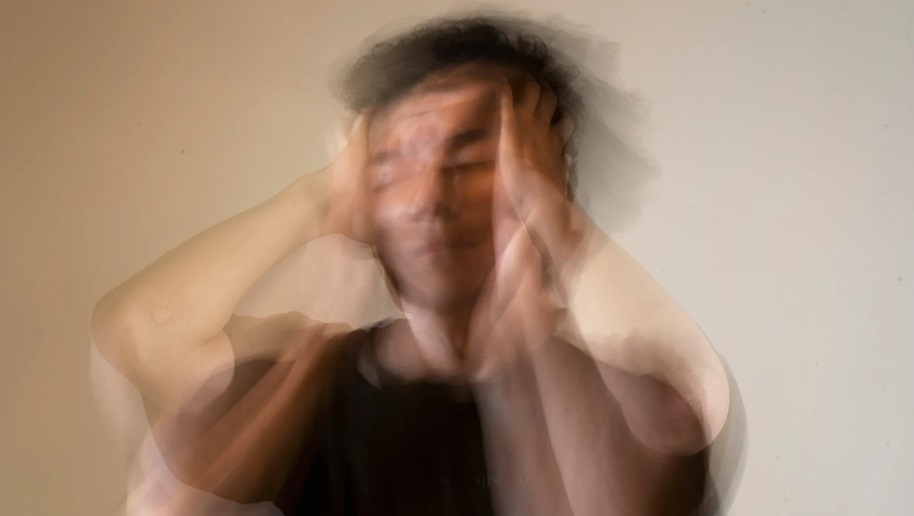The Role of Integrative Psychiatry in Managing Anxiety and Depression
In recent years, the field of mental health has witnessed a paradigm shift towards more comprehensive treatment modalities. At the forefront of this evolution is integrative psychiatry, an approach that combines conventional psychiatric treatments with complementary therapies. For those seeking integrative psychiatry in NYC, this innovative approach offers new hope for managing anxiety and depression.
Understanding Integrative Psychiatry
Integrative psychiatry adopts a holistic perspective toward mental health, emphasizing the interconnectedness of mind, body, and spirit. This approach diverges from the conventional psychiatric focus on medication management, instead embracing a diverse array of therapeutic techniques to treat the individual as a whole. These may include psychotherapy, nutritional counseling, mindfulness practices, and even alternative treatments like acupuncture or herbal medicine.
The Benefits of an Integrative Approach
One of the key advantages of integrative psychiatry is its personalized approach to treatment. By considering each patient’s unique circumstances, lifestyle, and preferences, practitioners can develop tailored treatment plans that address not just symptoms but underlying causes of anxiety and depression.
Moreover, integrative psychiatry often emphasizes lifestyle modifications that can have profound effects on mental health. This may include recommendations for improved sleep habits, dietary changes, exercise routines, and stress management techniques.
Integrative Approaches to Anxiety and Depression
When it comes to managing anxiety and depression, integrative psychiatry offers a multifaceted approach:
- Conventional Treatments: These may include traditional psychotherapy methods and, when necessary, psychiatric medications.
- Nutritional Interventions: Emerging research suggests that diet plays a crucial role in mental health. Integrative psychiatrists may recommend specific dietary changes or supplements to support mental well-being.
- Mind-Body Practices: Techniques such as meditation, yoga, and deep breathing exercises are often incorporated to help manage stress and improve overall mental state.
- Alternative Therapies: Depending on the individual’s needs and preferences, treatments like acupuncture, herbal medicine, or light therapy may be recommended.
The Role of Research in Integrative Psychiatry
Recent studies have shown promising results for integrative approaches in treating anxiety and depression. For example, integrating cognitive-behavioral therapy with mindfulness-based stress reduction techniques has proven to be especially effective in treating anxiety disorders.
Challenges and Considerations
While integrative psychiatry offers many benefits, it’s important to note that it’s not a one-size-fits-all solution. The effectiveness of different treatments can vary from person to person, and some alternative therapies may lack robust scientific evidence. It’s crucial for patients to work closely with qualified practitioners who can guide them through the most appropriate and evidence-based treatments.
The Future of Mental Health Treatment
As our understanding of mental health continues to evolve, integrative psychiatry is likely to play an increasingly important role. This holistic strategy, which tackles the intricate relationship among physical, mental, and emotional well-being, provides a broader and more effective route to recovery and overall health.
For those struggling with anxiety and depression, integrative psychiatry provides a beacon of hope. It offers the possibility of not just managing symptoms but achieving true healing and lasting mental health. As research in this field continues to advance, we can expect even more innovative and effective treatments to emerge, paving the way for a new era in mental health care.











